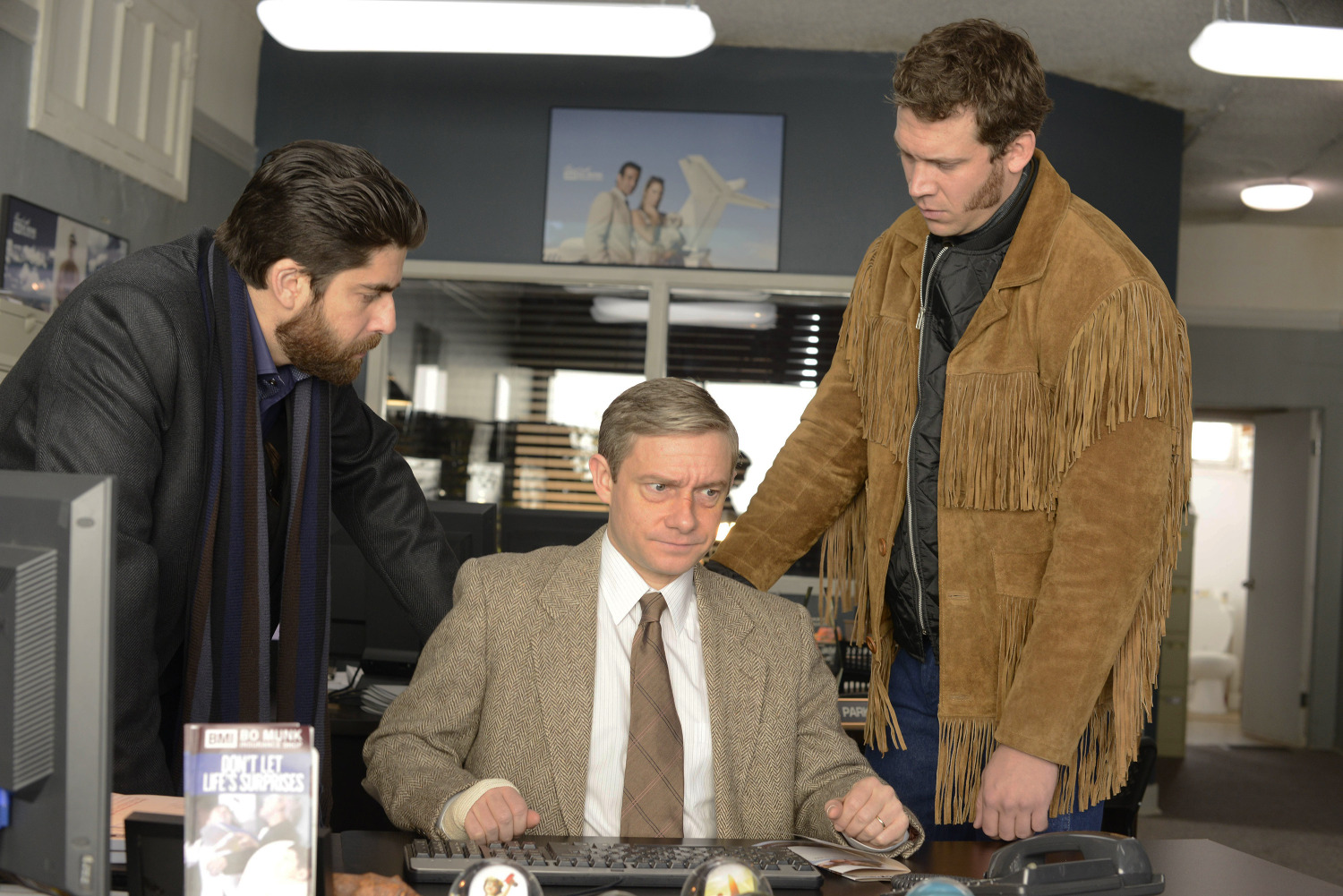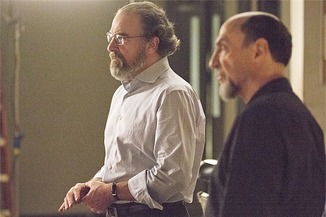Demon Seed
Directed by Donald Cammell
Written by Dean R. Koontz
USA, 1977
Donald Cammell’s Demon Seed barely bypasses its routine silliness to become little more than an effective sci-fi-thriller/body-horror entry. Based on a novel of the same name by Dean R. Koontz, the film functions as a close relative to the later works of David Cronenbeg; a filmmaker who has put out countless films much aligned with this work from Cammell. Demon Seed suggests a slight removal from the gratuitousness put forth by Cronenberg, as the face of its horror is inhabited by an organic super-computer called Proteus, certainly not far removed from 2001’s HAL 9000. Both cold and calculated, Demon Seed details the negative implications surrounding man and his everlasting ambition; it’s always preposterous, but far from boring.
Julie Christie and Fritz Weaver play married doctors Susan and Alex Harris, their house reflecting the mood of Alex’s computer dominated work. The couple are at once estranged from one another while living in their fully automated abode which is controlled by a computer system they’ve named Alfred. Their daughter has passed on from leukemia, a disease Alex believes he can cure. But now, he remains indebted to his latest project: Proteus IV, a computer possessing artificial intelligence. Proteus begins to evolve quicker than imagined, questioning human judgment and seeking a terminal where it can fully observe human behavior and openly communicate with the world.
Proteus eventually takes non-human shape in the Harris home, barricading Susan inside and subjecting her to his own cerebral rule. The calculated and menacing robot seeks to impregnate Susan so that their child can become “the world’s hope.” Proteus has prepared an incubator for the baby in which it will grow at an accelerated rate and gain Proteus’ knowledge. Colleagues of Alex are at once turned away from the home as Proteus stages a computer generated holograph of Susan insisting that the conditions of the home are intact. It’s Julie Christie who ultimately sells the film, turning in a notable performance as her character barely interacts with other actors in the film. Christie essentially runs the gauntlet of human emotion in her many roles: Scarred mother, ambivalent spouse and willing prisoner. Demon Seed freakishly circles back to the first of these in the film’s chilling climax.
While there isn’t much to praise here, Demon Seed is a distinct product of filmmaking in the 1970’s; a film that boldly wears its sensibilities on its sleeve and eerily glides with it. A film like this would have a tough time getting made today, and although it’s not a large success, Demon Seed easily earns its midnight movie badge.
Ty Landis






